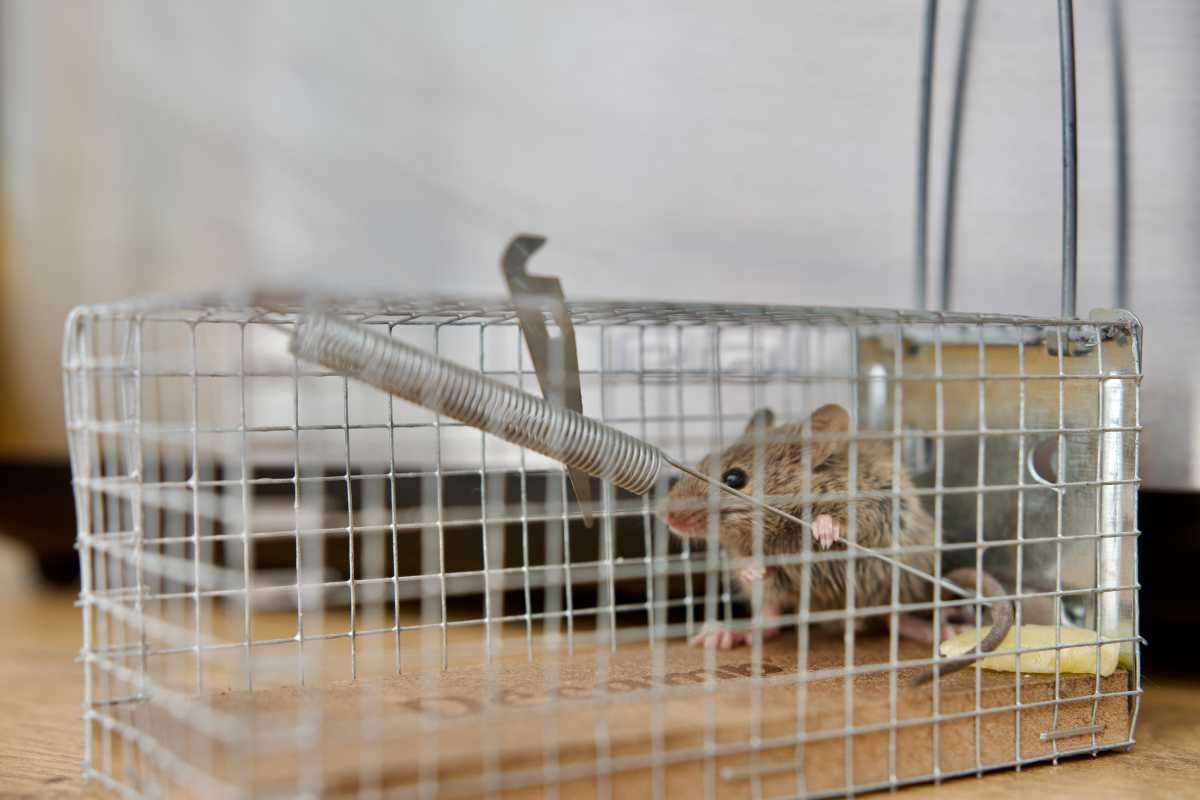Winter is an exciting time for many of us. The cold season creates perfect conditions for fun outdoor activities, such as sledding, skiing and skating — but freezing temperatures, ice and snow can also lead to hazardous conditions, too. Dr. John Marshall, Chair of Emergency Medicine at Maimonides, offers tips to ensure that you and your loved ones stay safe while enjoying the winter months.

“Whether you’re indoors or outdoors, the cold poses many health risks,” explains Dr. Marshall. “By following a few simple precautions, though, most problems can be prevented.”
Dr. Marshall suggests the following:
- Dress warmly. Layering your clothing provides the best insulation and helps you retain body heat. Wearing a wind and water-resistant outer layer also helps.
- Protect your extremities. Hands and feet are at greater risk of frostbite because body heat is naturally reserved in the torso to protect the vital organs. Wear mittens or gloves to keep hands and fingers warm, and consider lined boots or thick socks for your feet.
- Wear properly-fitted boots. Boots that are too tight can limit circulation, so choose a boot while wearing winter socks, and select a style that has treads on the bottom for traction on ice and snow.
- Cover your head and neck. Wearing a hat or earmuffs will help you stay warm and protect your ears from frostbite. A scarf adds warmth to the neck and chest area, and can be pulled upward to protect your face from cold winds.
- Stay hydrated. The body uses a lot of energy to keep itself warm. Drinking plenty of fluids is important because your body will need replenishing when fighting off the cold.
- Take frequent breaks during snow shoveling. When possible, push the snow rather than lifting it. This will reduce the amount of stress placed on your body.
- Change out of wet clothing as soon as possible.
“Unless you’re used to a lot of outdoor activity in the cold, you should limit outdoor activity as much as possible when the weather is severe,” says Dr. Marshall. “Prolonged exposure during a winter storm, or when the wind chill is below freezing, can lead to frostbite and hypothermia. These conditions are serious–and can become life-threatening if untreated.”
According to Dr. Marshall, exposed skin chills rapidly outdoors, blood flow decreases and body temperature drops. Frostbite starts with tingling or stinging sensations. The face, fingers and toes are the first body parts to be affected. Next, muscles and other tissues can become numb. Additional signs of frostbite include redness and pain in the skin, which can progress to discolored skin.
Hypothermia, Dr. Marshall explains, is the cooling of body temperature below normal levels. This can cause impaired thinking and can worsen rapidly. Warning signs include shivering, confusion, slurred speech and drowsiness. Infants can also exhibit bright red or cold skin.
If any of these symptoms become noticeable, protect the exposed skin, get to a warm place and seek immediate medical treatment.
“Children are a high-risk group because they lose body heat more rapidly than adults do,” says Dr. Marshall. “Don’t allow kids to stand around in the cold. If children are not actively playing or moving around, keep them indoors.”
There are also some risks associated with being indoors in cold weather, especially if your home is not heated adequately and safely.
- Do not use a kerosene heater – it can easily cause a fire.
- Do not use the oven as a heat source – this can produce deadly carbon monoxide gas.
- Install a carbon monoxide detector in your home.
- Place a smoke detector on every level of your home.
You should check on loved ones and neighbors who may be especially vulnerable to cold weather, he says. This includes the elderly, those with diabetes, heart or circulatory problems, and those on medications that inhibit the body’s response to cold.
“By following these precautions, everyone can get through the winter weather safely,” Dr. Marshall notes. “So, dress appropriately, drink fluids, minimize skin exposure to the cold – and enjoy!”
Maimonides Medical Center is nationally recognized for clinical excellence across all major specialties. Our accomplished physicians are known for innovation and strengthening our teaching and research programs. With 711 beds, the Medical Center is dedicated to bringing patients the most advanced care available—anywhere. Maimonides continues to grow in response to evolving models of care that better serve patients and families, and is an affiliate of Northwell Health. To learn more, please visit www.maimonidesmed.org.










